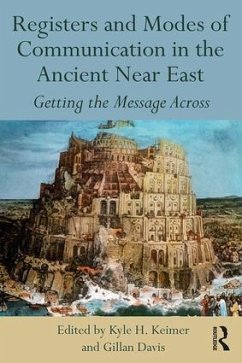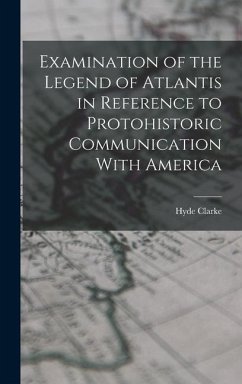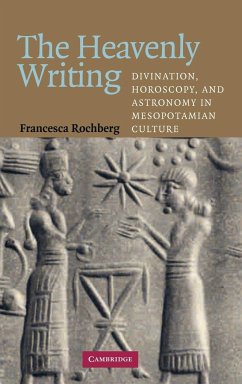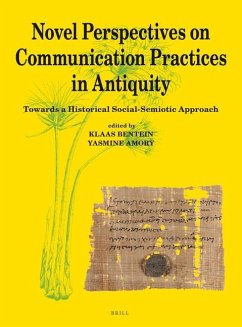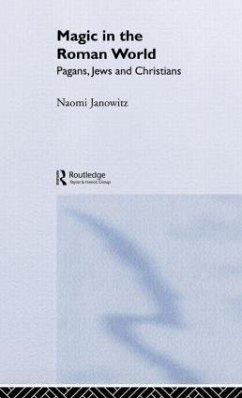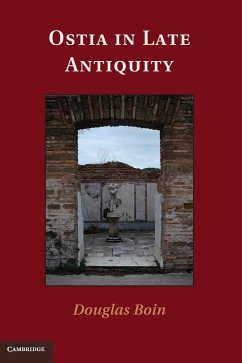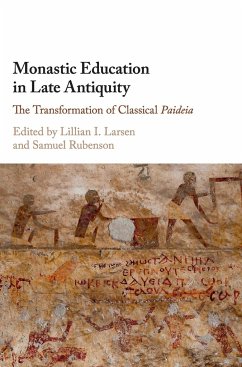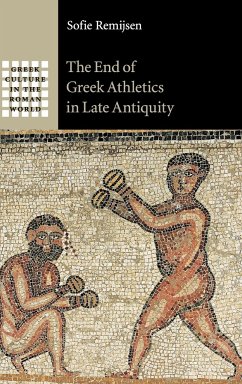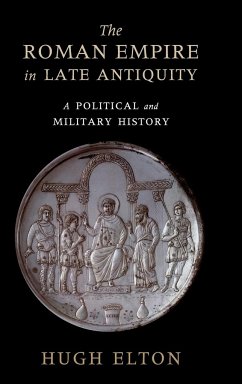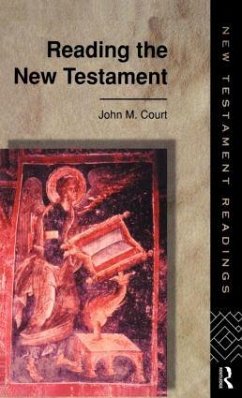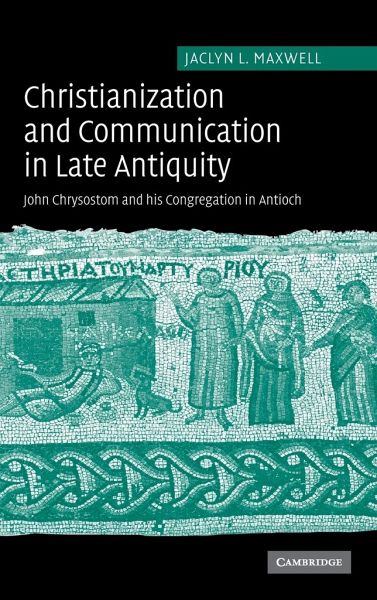
Christianization and Communication in Late Antiquity
Versandkostenfrei!
Versandfertig in 1-2 Wochen
109,99 €
inkl. MwSt.
Weitere Ausgaben:

PAYBACK Punkte
55 °P sammeln!
How did ordinary people and Church authorities communicate with each other in late antiquity and how did this interaction affect the processes of Christianization in the Roman Empire? By studying the relationship between the preacher and his congregation within the context of classical, urban traditions of public speaking, this book explains some of the reasons for the popularity of Christian sermons during the period. Its focus on John Chrysostom's sermons allows us to see how an educated church leader responded to and was influenced by a congregation of ordinary Christians. As a preacher in ...
How did ordinary people and Church authorities communicate with each other in late antiquity and how did this interaction affect the processes of Christianization in the Roman Empire? By studying the relationship between the preacher and his congregation within the context of classical, urban traditions of public speaking, this book explains some of the reasons for the popularity of Christian sermons during the period. Its focus on John Chrysostom's sermons allows us to see how an educated church leader responded to and was influenced by a congregation of ordinary Christians. As a preacher in Antioch, Chrysostom took great care to convey his lessons to his congregation, which included a broad cross-section of society. Because of this, his sermons provide a fascinating view into the variety of beliefs held by the laity, demonstrating that many people could be actively engaged in their religion while disagreeing with their preacher.





